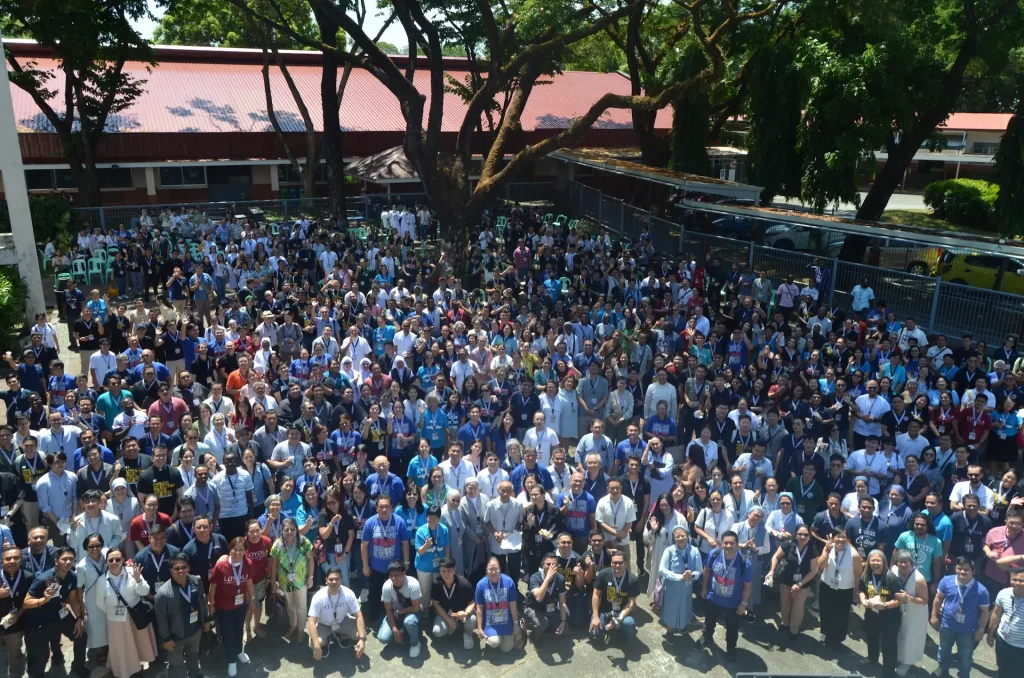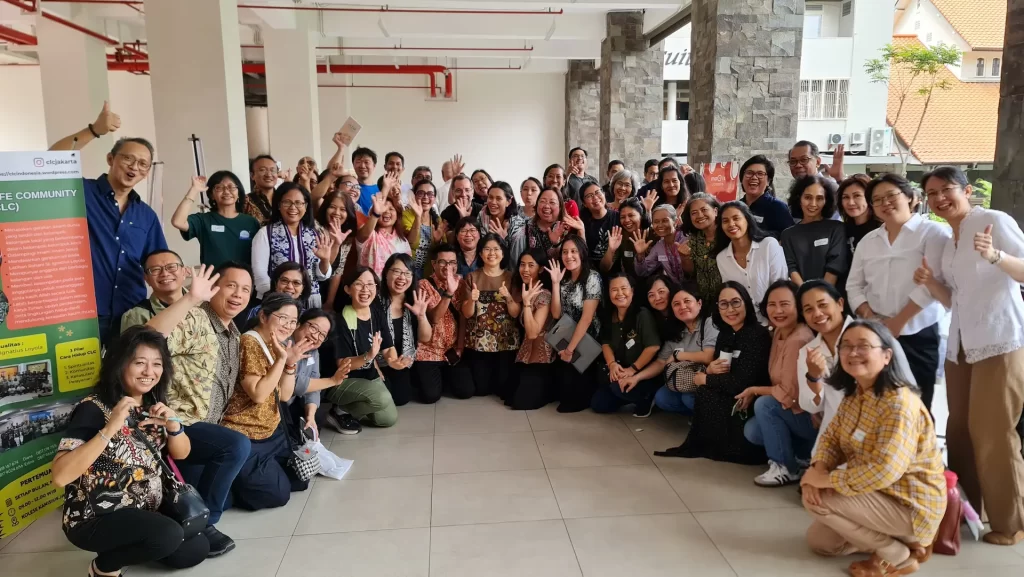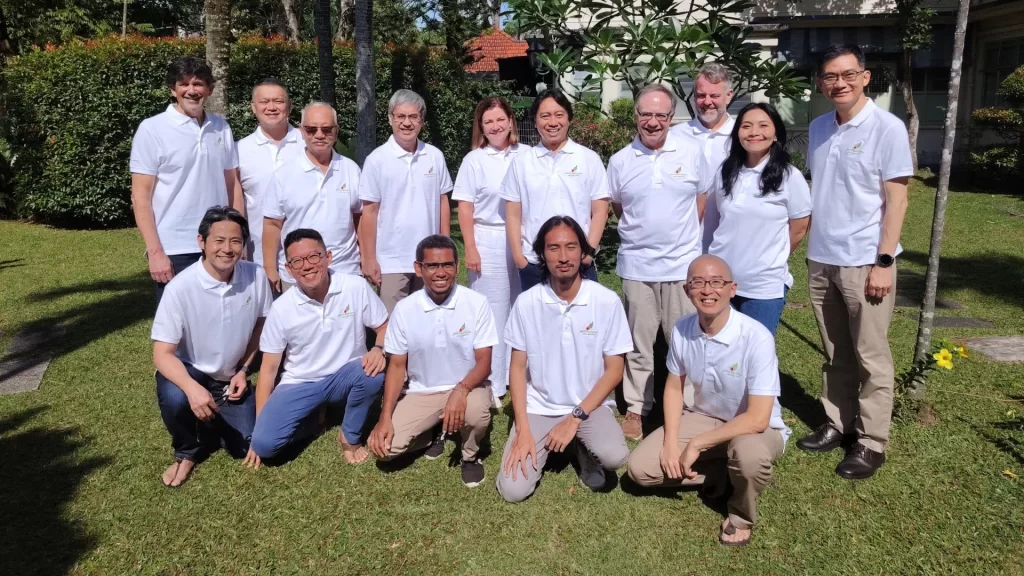Fr General Adolfo Nicolás SJ was in Australia in January for the Jesuit Conference of Asia Pacific Major Superiors Assembly. During his visit, he delivered an address to members for the Australian Province and its companions in which he identified the nurturing and formation of young people as a central concern for the Society of Jesus in the 21st century.
‘How do we accompany them after graduation and into adulthood? This is an area where we have room for reflection. The aim of St Ignatius was that we would be internally transformed. If our education does not contribute to transformation then something very important is missing from our schools,’ he said.
Fr Nicolás took the opportunity to thank the Australian Province for the universal approach it had taken to its work and mission. ‘The mission of God has no limits, the whole world is the beneficiary’, he said.
He also stressed the important role played by lay companions, saying that their contributions helped the Jesuits to remain centred on a mission for others.
‘I see great depth of dedication, great desire to serve and be part of God’s mission. Like Ignatius, we want people who can be transformed and grow with us, people who have the same vision and dedication. Our concern is to keep the vision clear and to deepen this direction as we move forward.’
To read the full story in Province Express, click here.
To read Fr General’s speech, click here. http://www.express.org.au/article.aspx?aeid=29866
After his address, Fr General fielded questions from six people on vital areas for the Society in the country. The first three questions covered Education, Spirituality and Youth.
Education
How do we do strive for excellence, or ‘the more’, in a society that is placing increased pressure on the ‘product’ over the ‘process’, when it comes to education?
Spirituality
Would you share with us something of your early experience of God that on reflection has caused transformation in your life. If you were to paint a picture of the feelings associated with that experience what colour or colours would you choose?
Youth
What advice would you give to a young person trying to discern their career or occupational path, who has an interest in serving the poor, but does not necessarily want to dedicate their entire life to this service?






